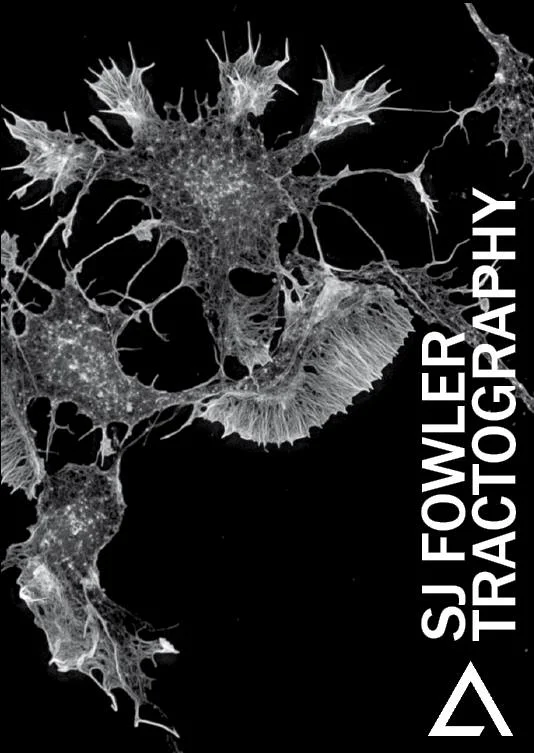The Enemies Project Spring Programme 2016 includes Icelandic, Argentinian and Georgian Enemies projects, Camarade events in Essex and St.Andrews, the return of Kakania in London and Berlin, a collaborative exhibition in Newport, a collaborative event involving five Universities and a one day festival celebrating English PEN and their writers-at-risk project. http://www.theenemiesproject.com/springprogram16/
January Sat 30th: Ovinir: an Icelandic Enemies project in London
Rich Mix Arts Centre : 7.30pm : Free entrance
Óvinir brings together two generations of Icelandic poets and writers to the UK to premiere brand new collaborations with British poets following events in Iceland. A unique chance to see some of the most interesting performers in Europe, feat. Valgerður Þóroddsdóttir & Jack Underwood, Eiríkur Örn Nörðdahl & Hannah Silva, Joanna Walsh & Andri Snær Magnason, Ásta Fanney Sigurðardóttir, Inua Ellams, Vahni Capildeo & more. http://www.theenemiesproject.com/iceland
February 3rd to 10th: The Enemies Project: Argentina
The Enemies project in Buenos Aires; an embedded collaborative program between a host of poets from Argentina and the UK, writing brand new collaborations over nearly a week in the Argentinian capital. Featuring Julián López, Anahí Mallol, Camilo Sanchez, Patrick Coyle & more. Co-curated by Flavia Daniela Pittella. www.theenemiesproject.com/argentina
February 29th: Respites: Wellcome Collection - London
Respites is a carefully curated series of day-long gatherings, exploring ideas and activities about rest, pleasure, contentedness, critical thinking and creativity. It is aimed at being a generative and respectful series of engagements with people who need and deserve more respite than they receive. Respites is curated by Ayesha Nathoo, Lynne Friedli and Steven J. Fowler, and is supported by, and part of, the Hubbub group, in residence at Wellcome Collection. http://www.theenemiesproject.com/respites
March Saturday 5th: The StanZa Camarade – St.Andrews
http://stanzapoetry.org/festival/events/stanza-camarade-performance
Camarade Workshop - 13:00 - 16:00 (The Town Hall, Queens Gardens - Upstairs Foyer) followed by the performance 15:55 - 16:10 in the Supper Room
The StAnza Camarade will see new collaborations written by poets both attending and participating in the festival, and a collaborative workshop beforehand. The StAnza festival are pleased to offer the opportunity to take part in the workshop and performance for a small group of attendees. Anyone who would like to participate in the project should email a short biography to stanza@stanzapoetry.org. http://www.theenemiesproject.com/stanza
March Sunday 20th: The Essex Camarade – Colchester
at the First Site Gallery - 1pm to 3.30pm - Free Entrance
Commissioned by the Essex Book Festival, this Camarade will see a series of brand new collaborations written by poets in pairs, from the Essex area or attending the festival especially. Feat. James Davies & Philip Terry, Vicki Weitz & Isabella Martin. Anna Townley & Lawrence Bradby, Jeff Hilson & Tim Atkins & more. http://www.theenemiesproject.com/essex
March Thursday 31st: Kakania at the Austrian Cultural Forum: London
Kakania returns to London after five extraordinary events in 2015, and two unique publications. Contemporary artists present new literary performance commissions, each responding to a figure of the Habsburg Era. www.kakania.co.uk (date to be confirmed)
April Saturday 2nd: The English PEN Modern Literature Festival
Over 30 contemporary English writers present works new works, each in tribute to a writer who is part of the English PEN Writer's at Risk programme, writers living under oppression around the world. The one day festival takes at Rich Mix, 2pm onwards, in 3 sessions throughout the day. All are free to attend but attendees are encouraged to join English PEN. Feat. Mark Ravenhill, Caroline Bergvall, Sam Winston, Emily Berry, Emily Critchley & many more. http://www.theenemiesproject.com/englishpen
April Thursday 7th: The Night-Time Economy: an exhibition, Newport
The Riverfront Theatre & Arts Centre: Newport. 7.30pm. A collaborative exhibition of photography and poetry from Kate Mercer and SJ Fowler exploring the often violent environment of Newport's nightclubs and pubs. This special view event will feature readings and is supported by Arts Council Wales and Poetry Wales. The exhibition runs for three weeks. http://www.theenemiesproject.com/nighttimeeconomy
April Saturday 23rd: The University Camarade
Entrance is free. 7.30pm doors for 8pm start http://www.richmix.org.uk/
The University Camarade will present over 10 new collaborative works, premiered on the night, written by pairs of young poets, all of whom are undertaking study in Creative Writing departments at five different UK Universities including Kingston, Glasgow, Edge Hill, York St John. http://www.theenemiesproject.com/unicamarade
May Monday 9th: Kakania in Berlin
8pm at Österreichisches Kulturforum Berlin
Kakania debuts in Berlin, with new literary performance commissions from contemporary artists, each of whom will present a work that celebrates / responds to a figure from the Habsburg era. Featuring Max Höfler on Ludwig Wittgenstein, Maja Jantar on Lou Andreas Salome, Stephen Emmerson on Rainer Maria Rilke, Tomomi Adachi on Paul Wittgenstein, Ernesto Estrella on Gustav Mahler and Ann Cotten on Otto Neurath. http://theenemiesproject.com/kakaniaberlin
May Saturday 14th: The Enemies Project: Switzerland for European Literature Night
A night of new collaborations celebrating contemporary European poetry at Rich Mix, with a cohort of Swiss poets collaborating with British counterparts, amongst others. The event is part of the wider European Literature Night celebrations.
May 16th to 21st: Mtrebi: a Georgian Enemies project in Tbilisi
An Enemies Project in Tbilisi, three British poets visit the Georgian capital to create new collaborations with local writers. Feat. Luke Kennard, Sarah Howe & more. Co-curated by Davit Gabunia.
Supported by UNESCO Reykjavik City of Literature, The British Council, Norwich Writer's Centre, International Literature Showcase Fund, El Tercer Lugar, The StanZa festival, The Essex Book Festival, English PEN, Arts Council Wales, Austrian Cultural Forum London, Österreichisches Kulturforum Berlin, University of Kingston, Glasgow, Edge Hill and York St. Johns, Rich Mix & more.
www.theenemiesproject.com
















































